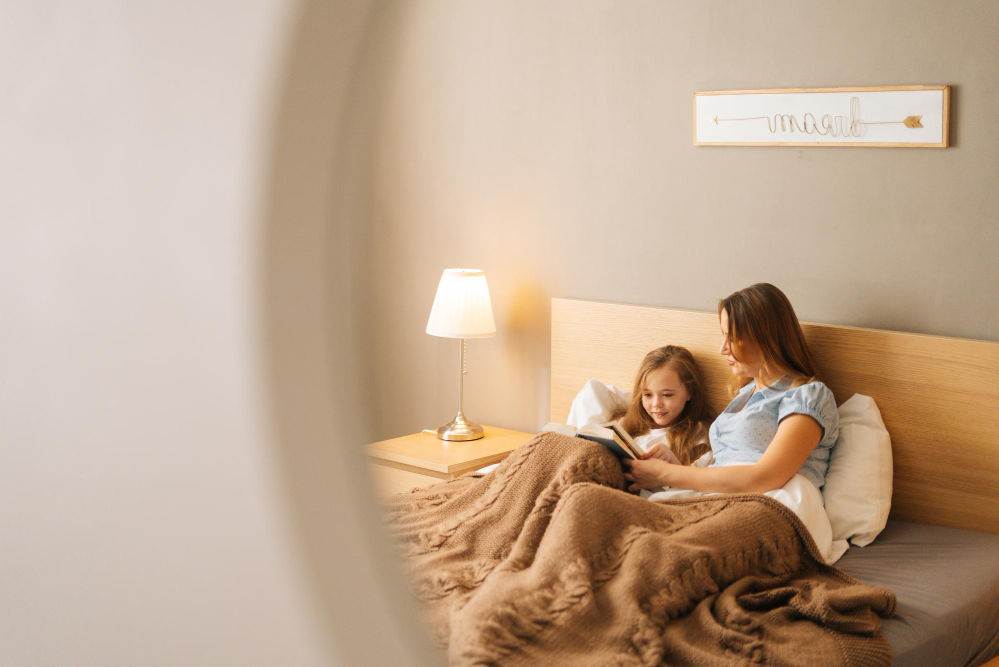Sleep Regression
When you had a newborn you expected your sleep to be interrupted, to be honest that was the main topic of conversation amongst friends and family
When you had a newborn you expected your sleep to be interrupted, to be honest that was the main topic of conversation amongst friends and family -- how are they sleeping, are they sleeping through the night yet?
Once you hit the toddler years, you expect your little one to be sleeping through, or at least have established a routine you all have adjusted to, even if its not a perfect night's sleep. So when your 18 month or 2 year old starts reverting back to what feels like newborn sleep patterns, it can be hard to take and also unexpected.

A sleep regression is when a child that may have slept beautifully before, suddenly starts having irregular sleeping patterns. It is hard to pinpoint exactly what causes a sleep regression but it is usually linked to your child's developmental stages and can occur around 12 months, 18 months and some even say at 2 years. Your child is developing at a very fast pace and all this growth can have an impact on their sleeping patterns. You may notice any of the following:
.
Your child is waking several times throughout the night
.
Your child struggles to get back to sleep after waking
.
They are taking longer naps during the day
.
Your child resists going to sleep
.
Separation anxiety at bedtime
How long do they last?
Unfortunately, there is no one definite answer to this as each child varies, but a sleep regression shouldn't last more than a few weeks and no more than 6.
How can you help your child through a sleep regression?
Have a good bedtime routine, which helps your little one wind down for a good night's sleep. This needs to be predictable and the same each night, so they know what to expect and also what is expected of them. Allow them time to wind down, get comfortable and also say good night -- try not to rush it but equally don't let it take too long as the older your child gets, the longer the excuses for not going to bed will be so try and limit this while they are young.

Reduce the amount of stimulation before bedtime. No screens an hour before bedtime, dim the lights and reduce noise.
Make sure your child has plenty of exercise and activities during the day but not just before bed, so they are naturally tired.
When to get help
If you feel your child is experience more than a sleep regression and problems continue and you are really struggling, then seek help -- speak to your GP or a train specialist who maybe able to offer some advice.
Sources:
https://www.sleepfoundation.org/
https://www.ghc.nhs.uk/wp-content/uploads/2020-Handy-Sleep-Guide.pdf